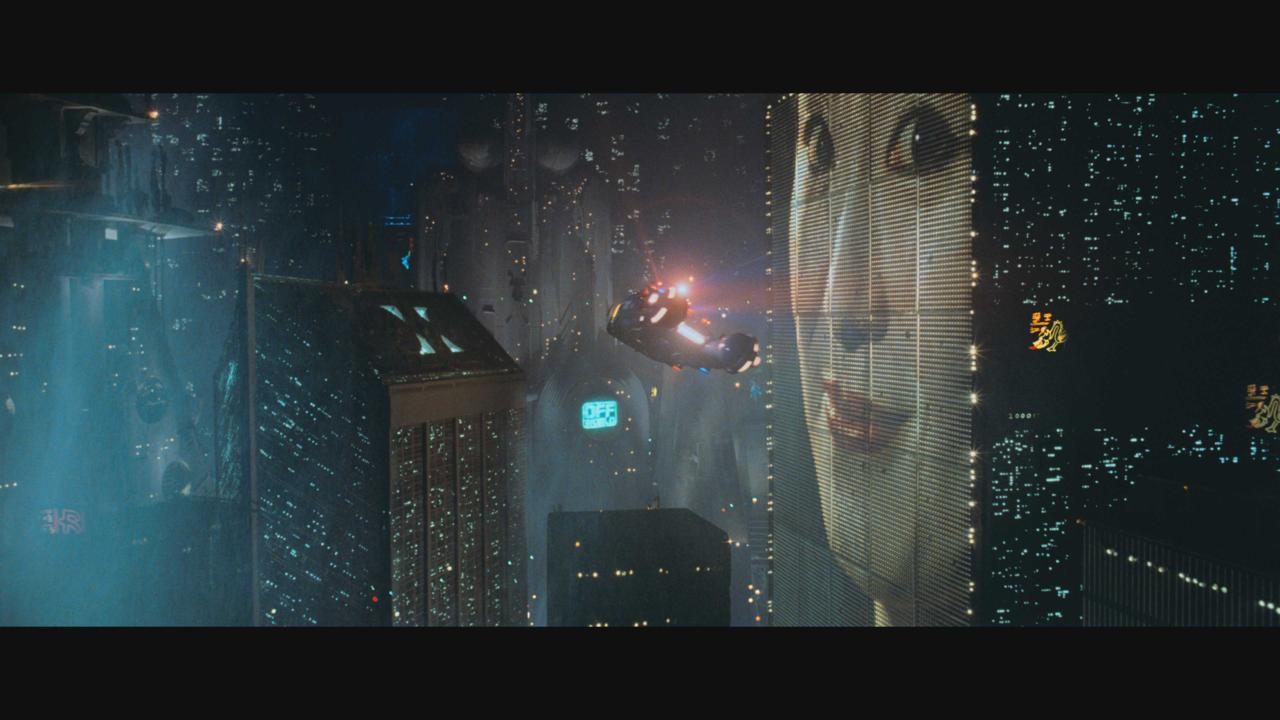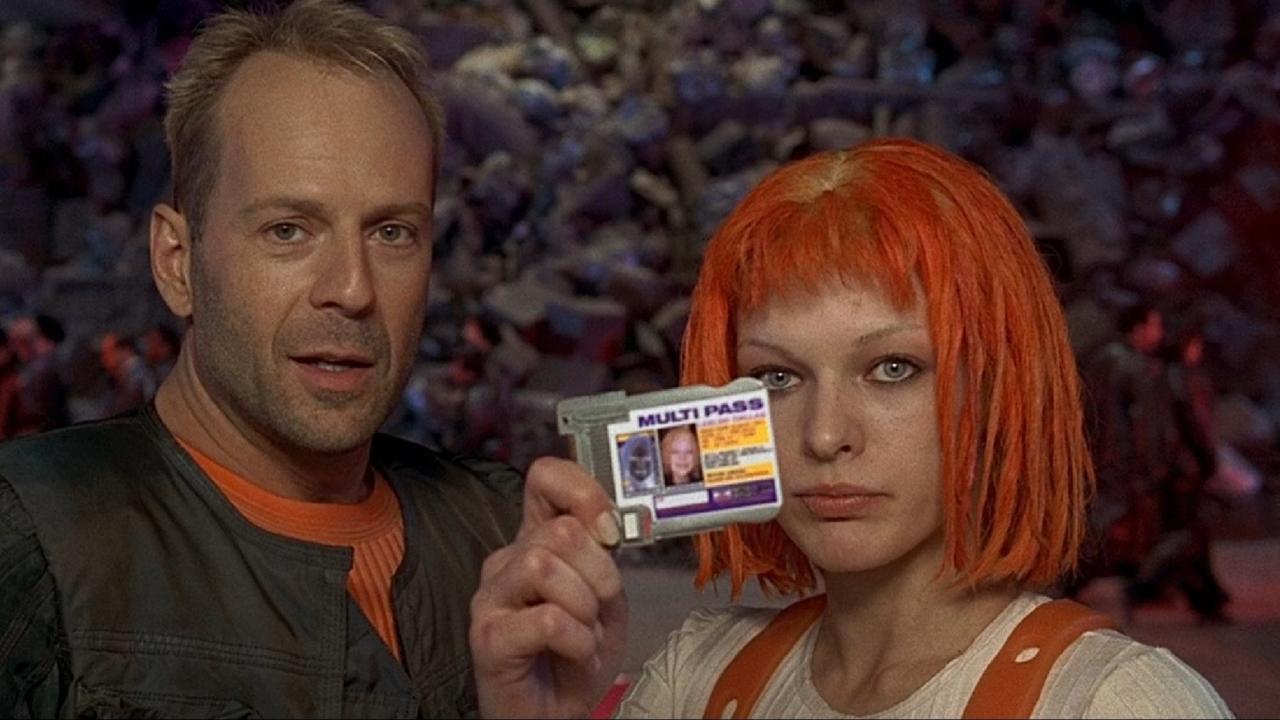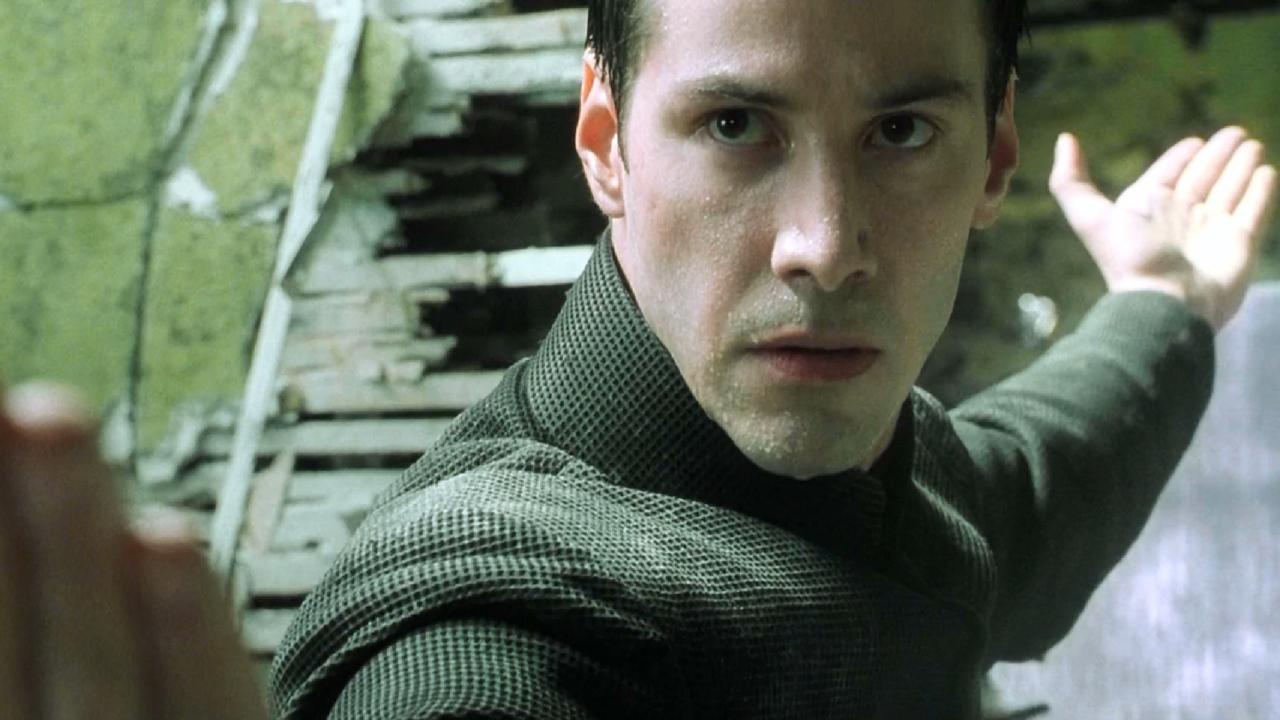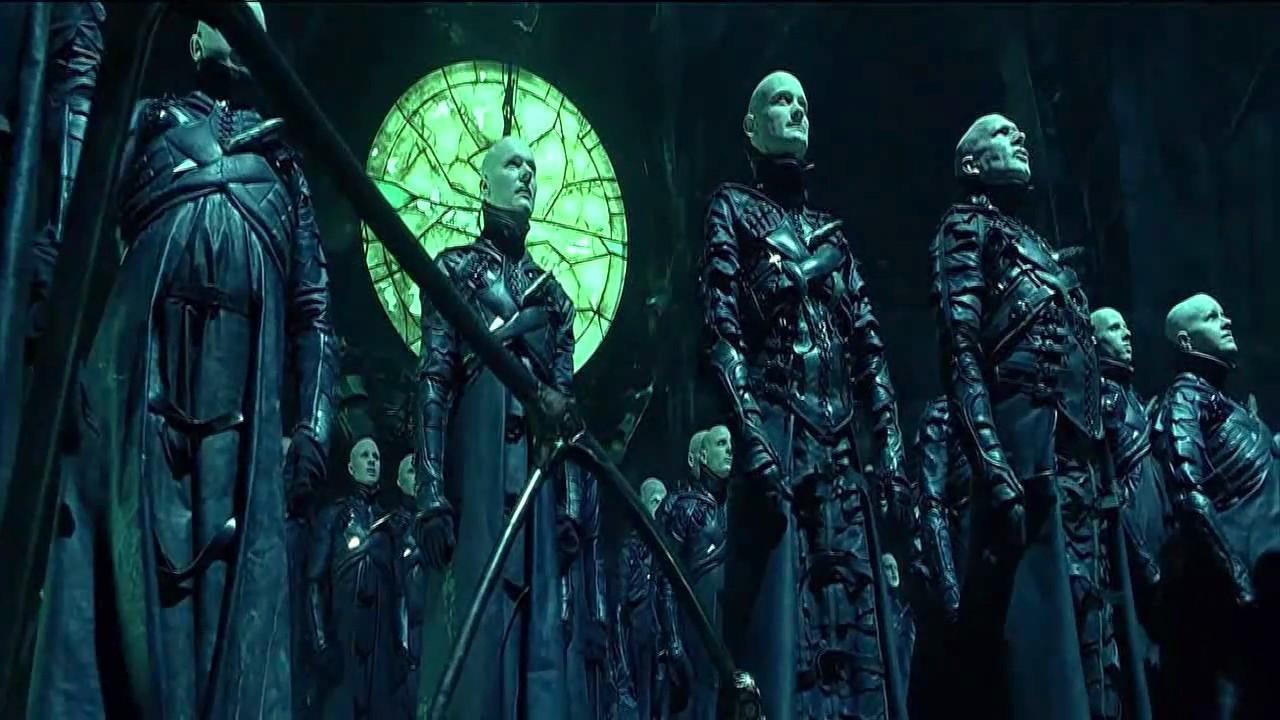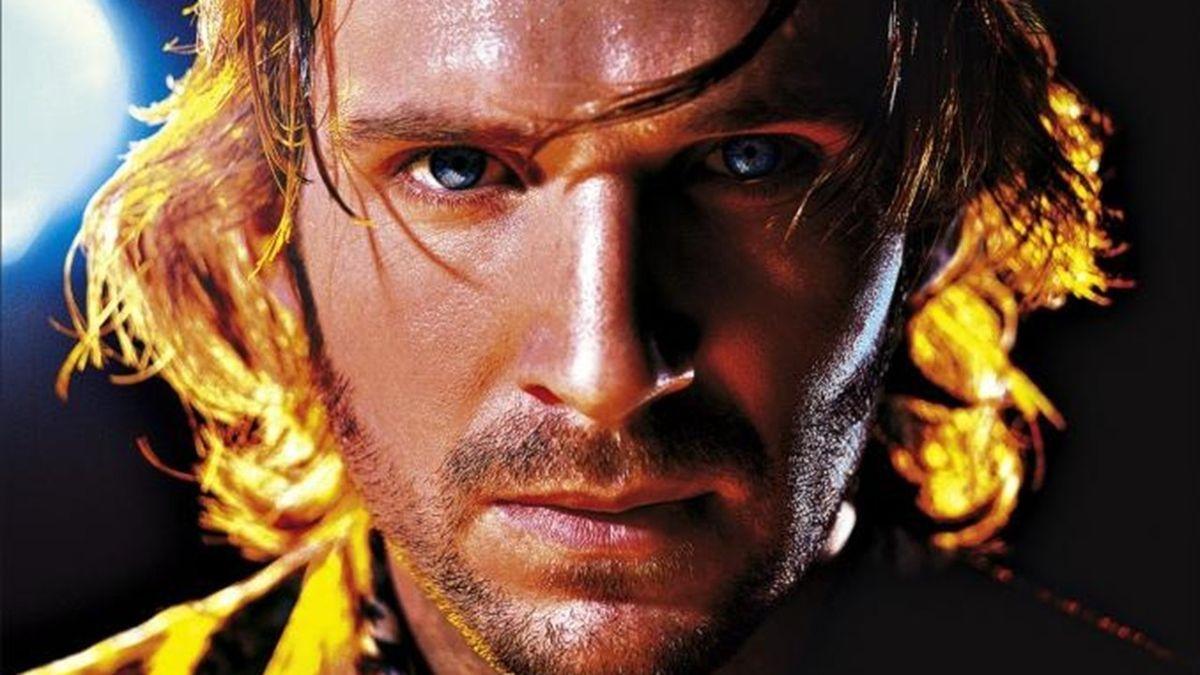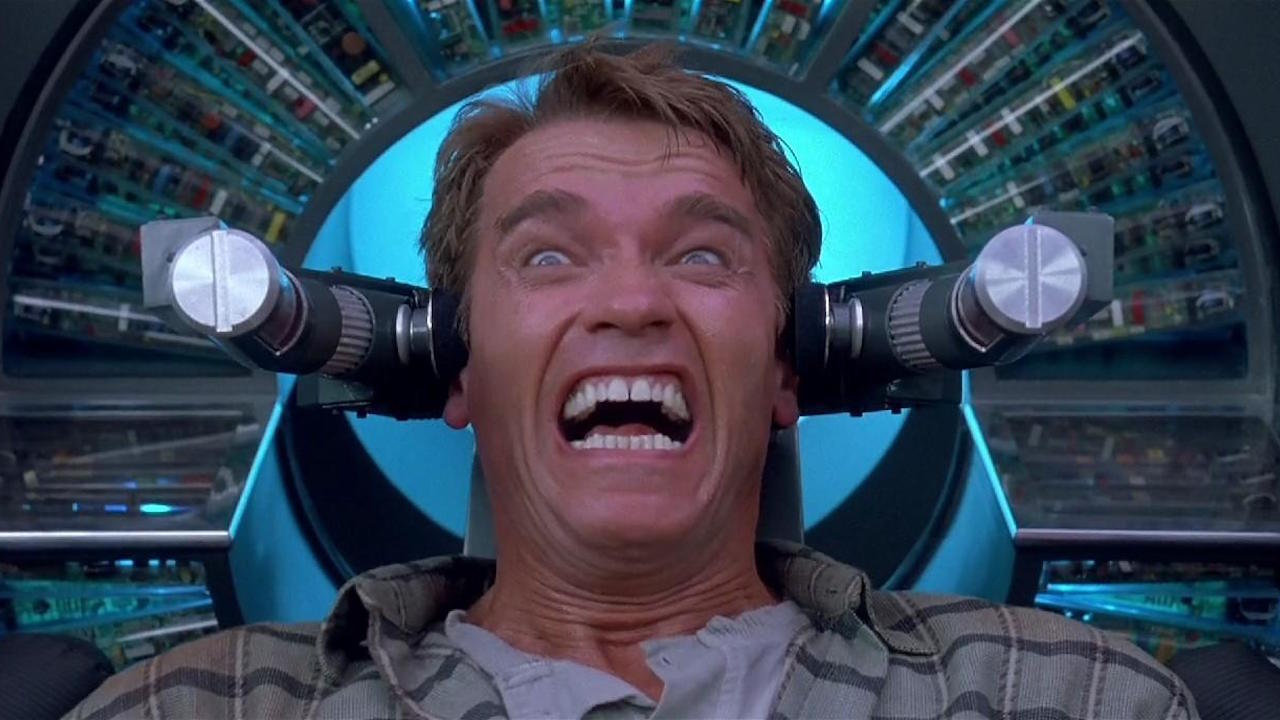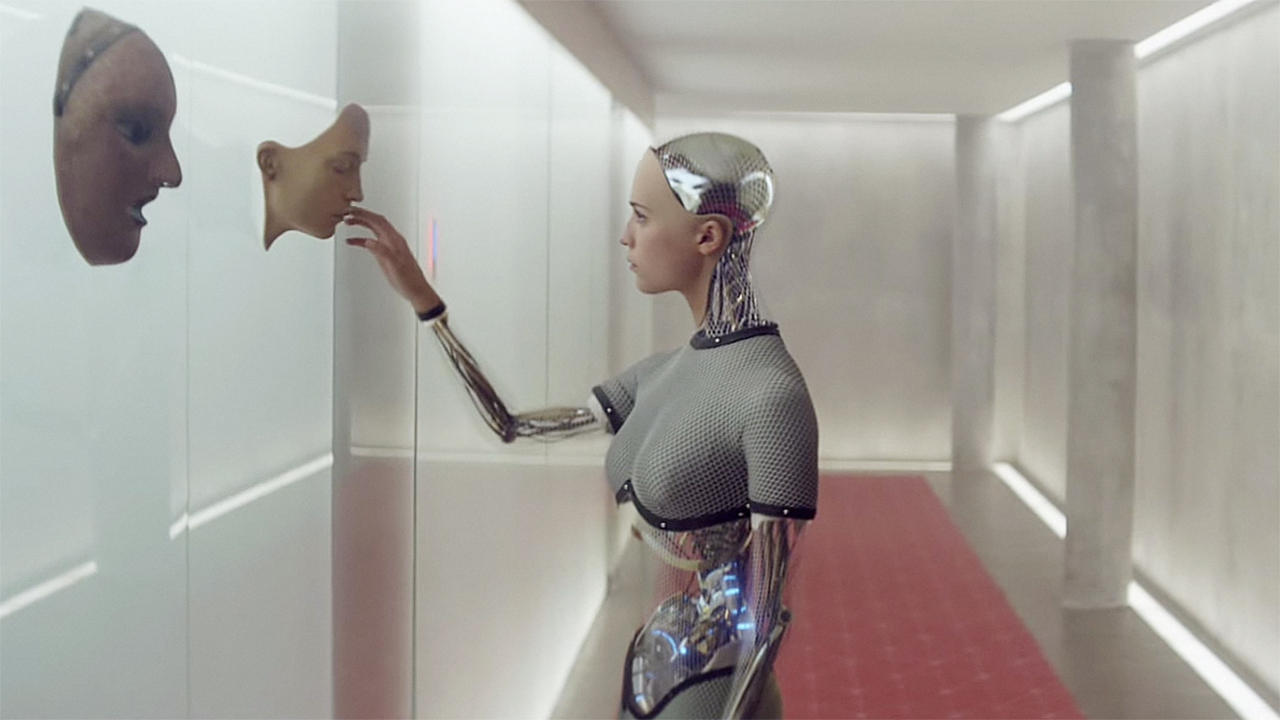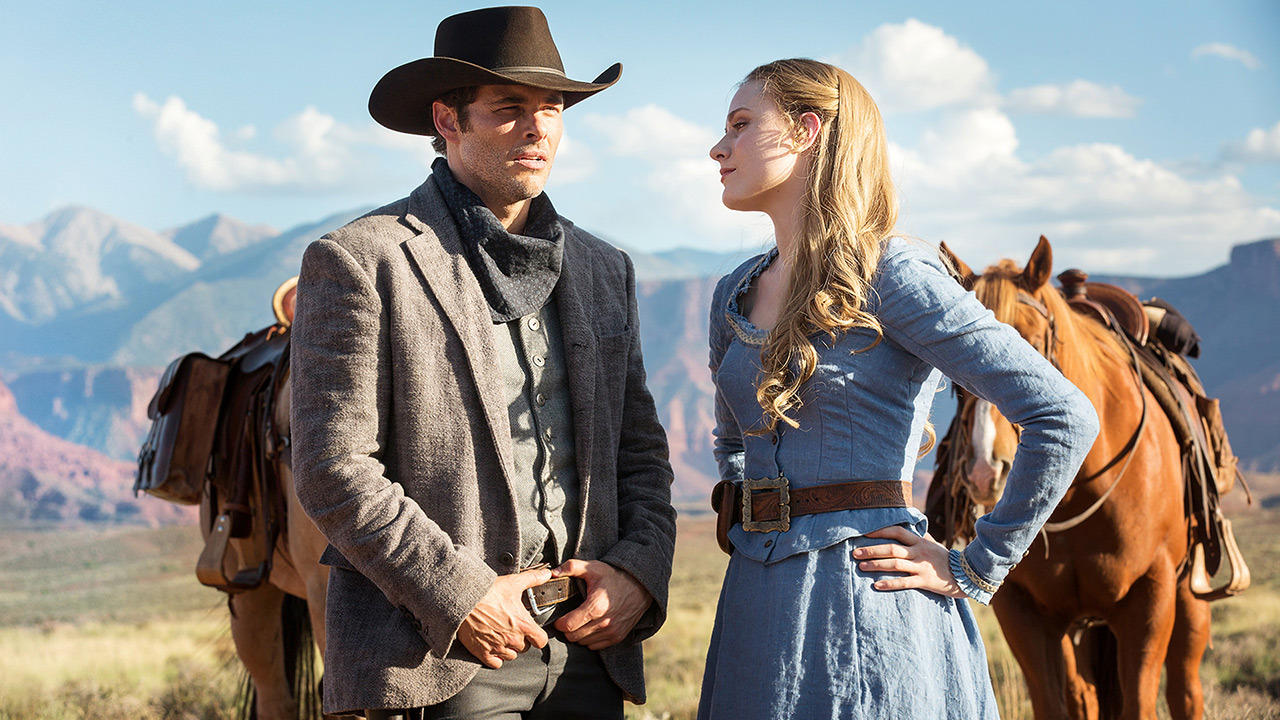Blade Runner's Legacy: 10 Movies And TV Shows Inspired By The Sci-Fi Classic
GameSpot may receive revenue from affiliate and advertising partnerships for sharing this content and from purchases through links.
Immeasurable influence
Ridley Scott’s Blade Runner changed the world of cinema when it premiered in 1982. Not only did Scott’s big-screen adaptation of Philip K Dick’s novel cement Harrison Ford as a versatile action star, the movie created a new sci-fi subgenre known as “tech noir.”
As audiences prepare to re-enter the world that Ridley built with Blade Runner 2049 this Friday, it feels like the perfect time to take a look at the many works of entertainment the classic has inspired. From a time-traveling cyborg hell-bent on stopping the apocalypse to a futuristic old west theme park crumbling under the weight of its technological innovations, here are 10 of the best movies and TV shows inspired by the one and only Blade Runner.
The Terminator
The Terminator hit theaters just two years after Blade Runner. James Cameron’s action thriller was not only inspired by Ridley Scott’s sci-fi epic, it had a huge impact on the genre--and Arnold Schwarzenegger’s career--as well.
Cameron’s film threw an innocent young woman by the name of Sarah Connor (Linda Hamilton) into the midst of a pre-apocalyptic battle between human and robot. Exploring the potentially dangerous connection between society and technology--proposing the demise of civilization as we know it--the film defined itself as much more than just a futuristic looking action movie. The Terminator built on the cyberpunk aesthetic created by Blade Runner, bringing themes of a misunderstood AI threat to the rain-soaked, neon backdrop of 1980s Los Angeles.
Gattaca
Andrew Niccol’s directorial debut put society into two main categories: the Valids and the In-Valids. Vincent Freeman (Ethan Hawke) is an In-Valid striving for a better life, no matter the price. Taking on the identity of a Valid named Jerome (Jude Law)--practicing a daily routine of scrubbing and clipping away any sign of his real DNA--Vincent’s struggle unfolds as a murder investigation puts intense scrutiny on his professional and personal life.
Exploring the concept of genetic manipulation, class warfare and the dangers of humanity’s loss amid booming technological advancements is ever present in Niccol’s 1997 film. Mix in a bit of Blade Runner’s film noir style, and a killer performance by Uma Thurman, and you’ve got yourself a sci-fi gem definitely worth a watch.
The Fifth Element
The Fifth Element put a different spin on the sci-fi/noir genre by adding some intergalactic Star Wars-style flash into the mix. The film stars Bruce Willis as New York cab driver Korben Dallas, who is unexpectedly thrown into a humanity saving mission when the enigmatic Leeloo (Milla Jovovich) falls into his life.
Luc Besson’s 1997 action flick took a fair share of style notes from Blade Runner. From the intricate world-building to the Asian culture that permeates these 23rd century New York streets, it’s hard not to see Ridley Scott’s influence here. And if you look closely, you’ll find actor Brion James--better known as replicant Leon Kowalski--making a cameo as General Munro.
The Matrix
Playing on the notion that the reality people see isn’t the truth, The Wachowskis took science fiction entertainment to another level when the first installment of the Matrix trilogy hit theaters. Sure, the story of “chosen one” Neo (Keanu Reeves) follows through on a very clear Jesus Christ metaphor, but without Blade Runner’s influence, The Matrix would probably never have seen the light of day.
Neo’s battles against the ever-growing army of Mr. Smiths and his trip into the Underworld present dystopian themes of classism where artificial intelligence has gotten the upper hand against humanity. While The Matrix doesn’t dwell in the familiar film noir stylings of its sci-fi predecessors, Blade Runner’s stylistic and thematic DNA is very much present throughout the 1999 film and its sequels.
Dark City
Alex Proyas’ Dark City took the world-building of Blade Runner to--for lack of better words--a darker level. The story follows John Murdoch (Rufus Sewell), a man without memory trying to prove he’s innocent of murder. As he furthers his investigation, Murdoch discovers an underworld where alien beings with mind-altering powers--known as “The Strangers”--control the world above.
The noir stylings and German Expressionism that informed Blade Runner are on full display here. Dark City gives the vibe that citizens of this foreboding place live nowhere and everywhere at the exact same time. Steeped heavily in dystopian existentialism as it is, it’s hard not to put this film in same category as Ridley Scott’s classic.
Strange Days
Strange Days was a product of the ‘90s, achieving a sort of cult status over the years. The story follows ex-cop Lenny Nero (Ralph Fiennes), who gets by hocking discs containing other people’s memories for the sole purpose of living out fantasies of the virtual kind. Nero eventually receives a disc containing a murderer’s gruesome memories and finds himself seeking out the killer, diving deep into the underworld of this near-future L.A.
Written by James Cameron with Kathryn Bigelow in the director’s chair, Strange Days provides a bleak outlook on a familiar society’s not so distant future. With a recognizable noir detective story as its overarching concept--Nero kind of feels like a ‘90s Frank Deckard (Harrison Ford)--the film explores themes of virtual voyeurism and the negative effects technology has on society.
Total Recall
In Total Recall, construction worker Douglas Quaid (Arnold Schwarzenegger) is plagued with dreams of visiting a fully colonized Mars. To quell these desires, Quaid visits “Rekall,” a company that sells false memories with the goal of fulfilling any and all fantasies. Instead of living out his Mars-inspired dreams, though, a mishap in the implanting procedure reveals that Quaid’s entire life had been based on false memories.
Themes of identity and humanity’s dwindling relevance amid a dystopian tech-heavy environment are prevalent here. The most common connection between Blade Runner and both Total Recall films--1990’s Arnold Schwarzenegger-starrer and Len Wiseman’s drab 2012 remake--is Philip K. Dick. The science fiction author penned the novels Do Androids Dream of Electric Sheep? and We Can Remember It for You Wholesale, which inspired these big-screen adaptations.
Ghost in the Shell
Mamoru Oshii’s 1995 anime is a landmark achievement in the genre and one that owes its existence to Ridley Scott’s film. The story, based on the manga written and illustrated by Masamune Shirow, follows a cyborg cop and her partner as they hunt an elusive cyber-criminal known as “The Puppet Master.”
The manga and movie--both the original and live action remake--tread similar ground, exploring the pros and cons of existing in a world where technology has rapidly advanced beyond humanity’s evolution point. Not to mention, Ghost in the Shell’s big bad does feel a bit reminiscent of Blade Runner’s replicant bad boy Roy Batty (Rutger Hauer).
Ex Machina
Ex Machina tells the tale of Caleb Smith (Domhnall Gleeson), a coder who wins a week away from his day job to hang out with billionaire programmer Nathan Bateman (Oscar Isaac). It’s only when he arrives at Bateman’s underground bunker/estate that Caleb learns he’s been brought there to test the consciousness of Ava (Alicia Vikander), an attractive artificial intelligence that Nathan created.
Alex Garland’s directorial debut is a layered tale that explores the progress of human/robot interaction--and the potentially life-threatening dangers that come with it. While Caleb never engages in sexual relations with Ava, it’s hard not to think of Blade Runner’s blurred lines between human and replicant. Deckard’s romantic involvement with replicant Rachael (Sean Young) most definitely comes to mind.
Westworld
Instead of focusing on the outside industrialized world, HBO’s TV remake of Michael Crichton’s 1973 film turns its focus on the inner workings of Westworld, the technologically advanced Wild West-themed amusement park populated by robot cowboys, android prostitutes, and synthetic savages. The high concept series may have been inspired by its movie predecessor, but it’s hard to deny Blade Runner’s effect on the remake.
The series delved deeper into the social and psychological ramifications of a park that gives high-paying clientele the opportunity to live out their darkest desires. From the awakening consciousness of hosts Dolores (Evan Rachel Wood) and Maeve (Thandie Newton) to the tortured existence of tried and true guest the Man in Black (Ed Harris), themes of classism, human rights and identity politics flourish amid the slow-building chaos.
